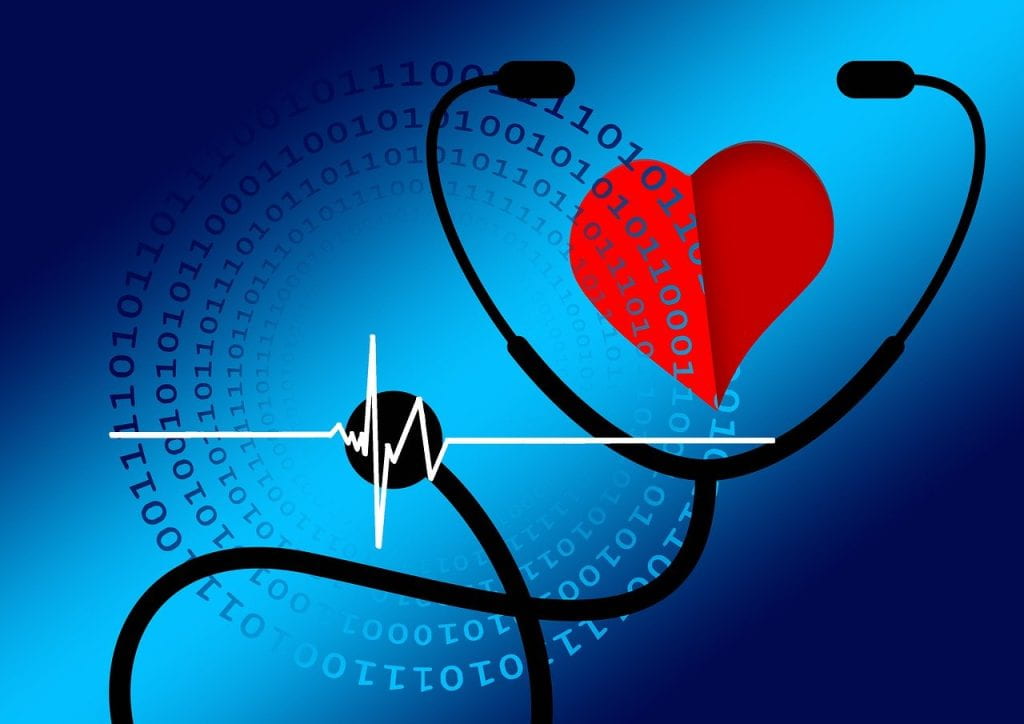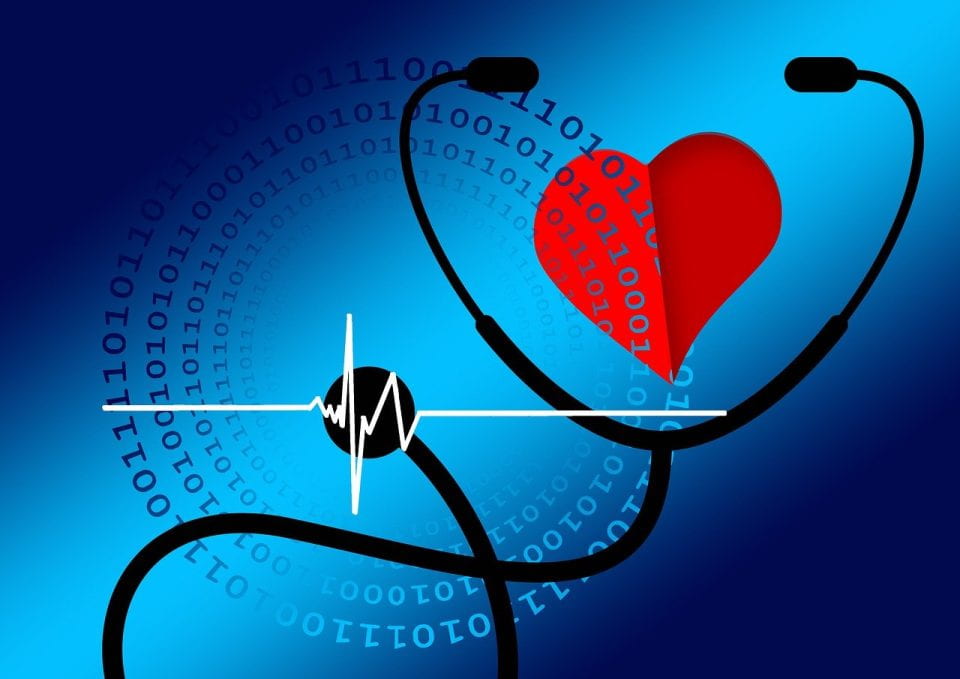
Artificial intelligence is on the cusp of radically transforming many aspects of our lives, including healthcare. AI tools can be used to aid diagnosis, recommend treatments, and monitor patients through wearables and sensors. A study published in May of this year found 47 FDA-approved AI remote patient monitoring devices. The majority monitor cardiovascular functions, but the study also found diabetes management and sleep monitors (Dubey and Tiwari, 2023).AI-enabled surgical robots are in various phases of testing and adoption. Partially autonomous systems like da Vinci and TSolution One® are in use for hard tissue procedures and the NIH reported on the successful use of a soft tissue robot last year (Saedi, et al., 2022).
AI can track trends in health or make predictions about it in populations. For example, the earliest warnings about the Covid pandemic came from two AI applications, HealthMap and BlueDot in December of 2019 (Chakravorti, 2022). A recent editorial in Pathogens discusses how AI machine learning can be used to analyze large data sets to identify patterns and trends in infectious disease, identify potential drug targets, and build predictive models to prevent or mitigate outbreaks (Bothra, et al., 2023).
AI administrative tools can greatly reduce the burden of paperwork through digital note taking with speech recognition software and filing insurance claims with systems like Medicodio. They can also be used to optimize scheduling, staffing, and resource allocation. AI robots that can gather and deliver supplies and equipment, reducing the burden on nurses and other clinical staff, are being adopted in hospitals (Gaines, 2023).
A 2020 GAO report on AI in healthcare identified challenges to building effective and safe AI applications. Accessing quality data headed the list. Incomplete and inconsistent data sets hampered AI decision tools during the Covid pandemic response (Chakravorti, 2022). Bias in data, lack of transparency, risks to patient privacy, and potential liability were also identified as barriers.
Another important factor is lack of trust in or acceptance of AI applications in healthcare by health consumers. A recent Pew Survey found that 60% of Americans are uncomfortable with AI being used in their healthcare and fewer than half believed that AI would improve health outcomes. The findings were not all negative. A majority thought that AI would reduce the number of mistakes made by healthcare providers and that it could also help eliminate bias and unfair treatment in healthcare. Respondents were comfortable with AI tools for skin cancer detection, but decidedly less comfortable with AI surgical robots and use of chatbots for mental health screenings. They were also concerned that the pace of adoption of these technologies will be too fast before risks to patients are understood and minimized.
References
- Dubey, A. and Tiwari, A. (2023). Artificial intelligence and remote patient monitoring in US healthcare market: a literature review. Journal of Market Access & Health Policy, 11(1), 2205618. https://doi.org/10.1080/20016689.2023.2205618
- Saeidi, H, Opfermann, J.D., Kam, M, et al.(2022). Autonomous robotic laparoscopic surgery for intestinal anastomosis. Science Robotics 7(62). https://doi.org/10.1126/scirobotics.abj2908
- Bothra, A., Cao, Y., Černý, J., & Arora, G. (2023). The Epidemiology of infectious diseases meets AI: a match made in heaven. Pathogens, 12(2), 317. https://doi.org/10.3390/pathogens12020317
- Gaines, K. (2022). Delivery care robots are being used to alleviate nursing staff. Nurse.org https://nurse.org/articles/delivery-care-robots-launched-in-texas/
- Chakravorti, B. (2022). Why AI failed to live up to its potential during the pandemic. Harvard Business Review. https://hbr.org/2022/03/why-ai-failed-to-live-up-to-its-potential-during-the-pandemic



